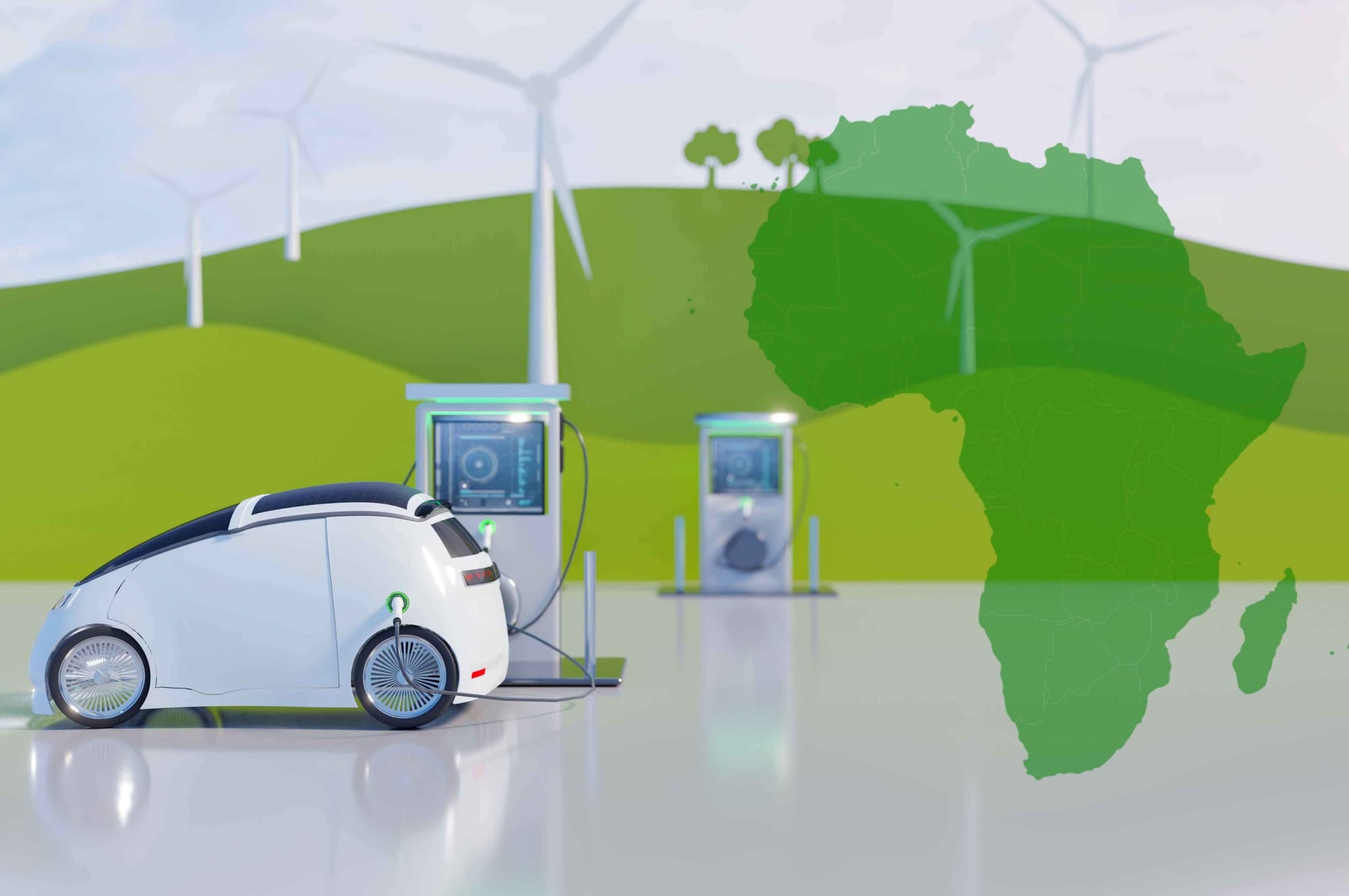
As the world shifts towards sustainable energy solutions, Africa stands at the forefront of an electrifying revolution, poised to harness the potential of electric vehicles (EVs) to drive economic growth, reduce emissions, and enhance energy security. With vast untapped resources, growing urbanization, and increasing awareness of environmental challenges, the continent is primed for a surge in electric mobility.
A Continent of Potential
Africa's diverse landscape, coupled with its burgeoning population and rapid urbanization, presents both challenges and opportunities for the electric vehicle market. While traditional transportation infrastructure may be lacking in many regions, the continent's abundance of renewable energy resources, including solar and wind, offers a promising foundation for sustainable electrification.
Read: Why Africa's adoption of electric vehicles has not fully taken off.
Pioneering Initiatives
Across Africa, governments, businesses, and international organizations are spearheading initiatives to promote the adoption of electric vehicles and support the development of related infrastructure. From investment in charging networks to incentives for EV purchases and manufacturing, these efforts are laying the groundwork for a thriving electric mobility ecosystem.
Market Growth and Adoption
Despite facing initial hurdles such as high upfront costs and limited infrastructure, the electric vehicle market in Africa is experiencing steady growth. In countries like South Africa, Morocco, and Kenya, EV sales are on the rise, driven by factors such as improving affordability, increasing consumer awareness, and government incentives.
Read: How Electric Vehicles Will Drive Africa's Future Automobiles.
Economic and Environmental Benefits
The transition to electric mobility holds significant economic and environmental benefits for Africa. By reducing reliance on imported fossil fuels and investing in local manufacturing and renewable energy infrastructure, countries can create jobs, stimulate economic growth, and enhance energy security. Moreover, the adoption of electric vehicles can help mitigate air pollution and combat climate change, improving public health and quality of life for millions.
Overcoming Challenges
While the potential for electric vehicle growth in Africa is immense, several challenges must be addressed to realize this vision fully. These include the need for investment in charging infrastructure, policy frameworks to support EV adoption, public awareness campaigns, and targeted incentives to make electric vehicles more accessible to all segments of society.
Read: Africa’s adoption journey to the electric vehicle.
Looking Ahead
As Africa navigates the transition towards electric mobility, collaboration between governments, industry stakeholders, and civil society will be crucial to overcoming barriers and unlocking the full potential of this transformative technology. By embracing innovation, fostering partnerships, and prioritizing sustainability, the continent can chart a course toward a cleaner, more prosperous future powered by electric vehicles.
See: Africa Electric Car Mobility
Conclusion
The electric vehicle market in Africa is on the cusp of unprecedented growth, driven by a confluence of factors including increasing urbanization, renewable energy potential, and a growing awareness of the need for sustainable transportation solutions. By harnessing this momentum and addressing key challenges, Africa has the opportunity to lead the charge toward a cleaner, more sustainable future powered by electric mobility.




